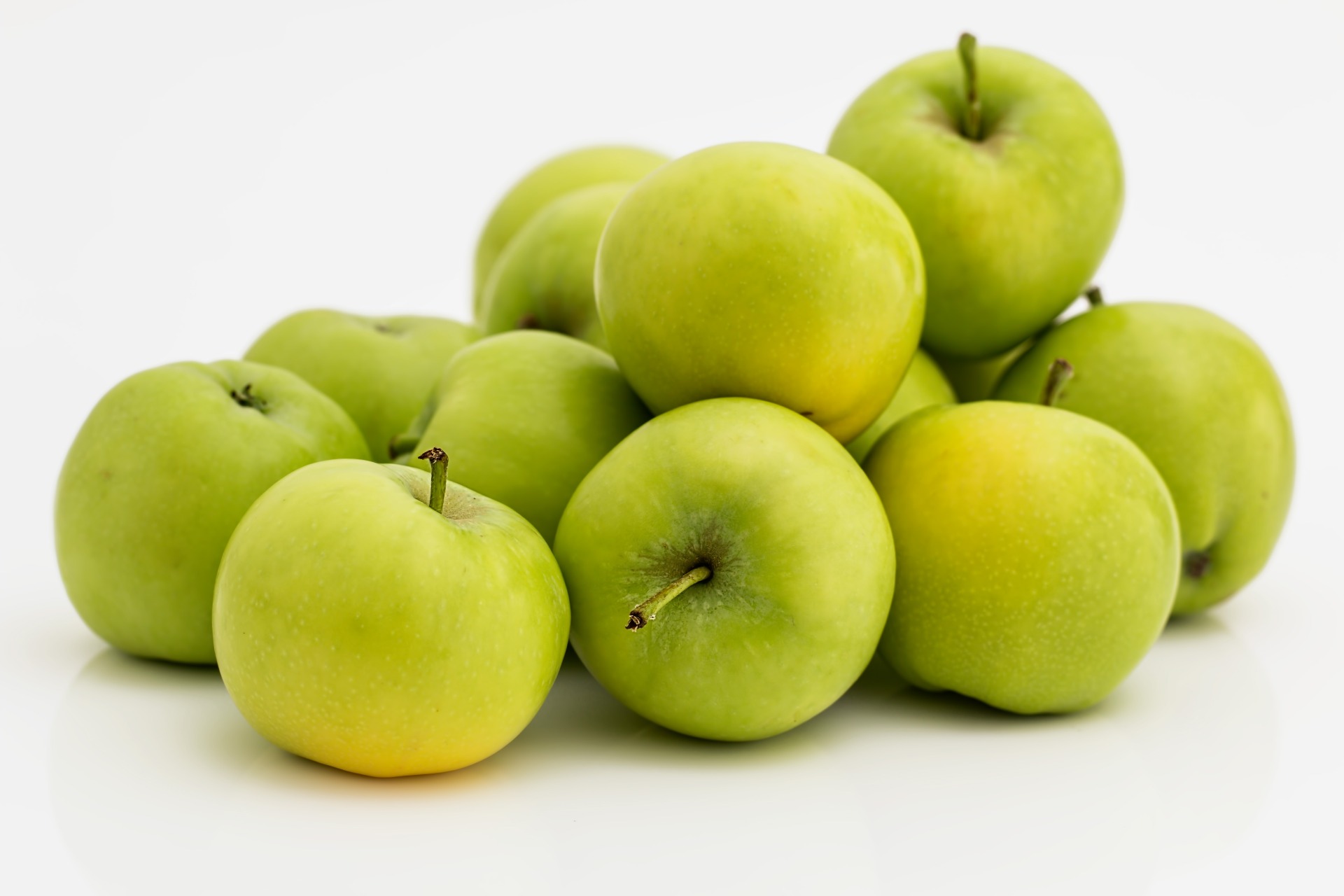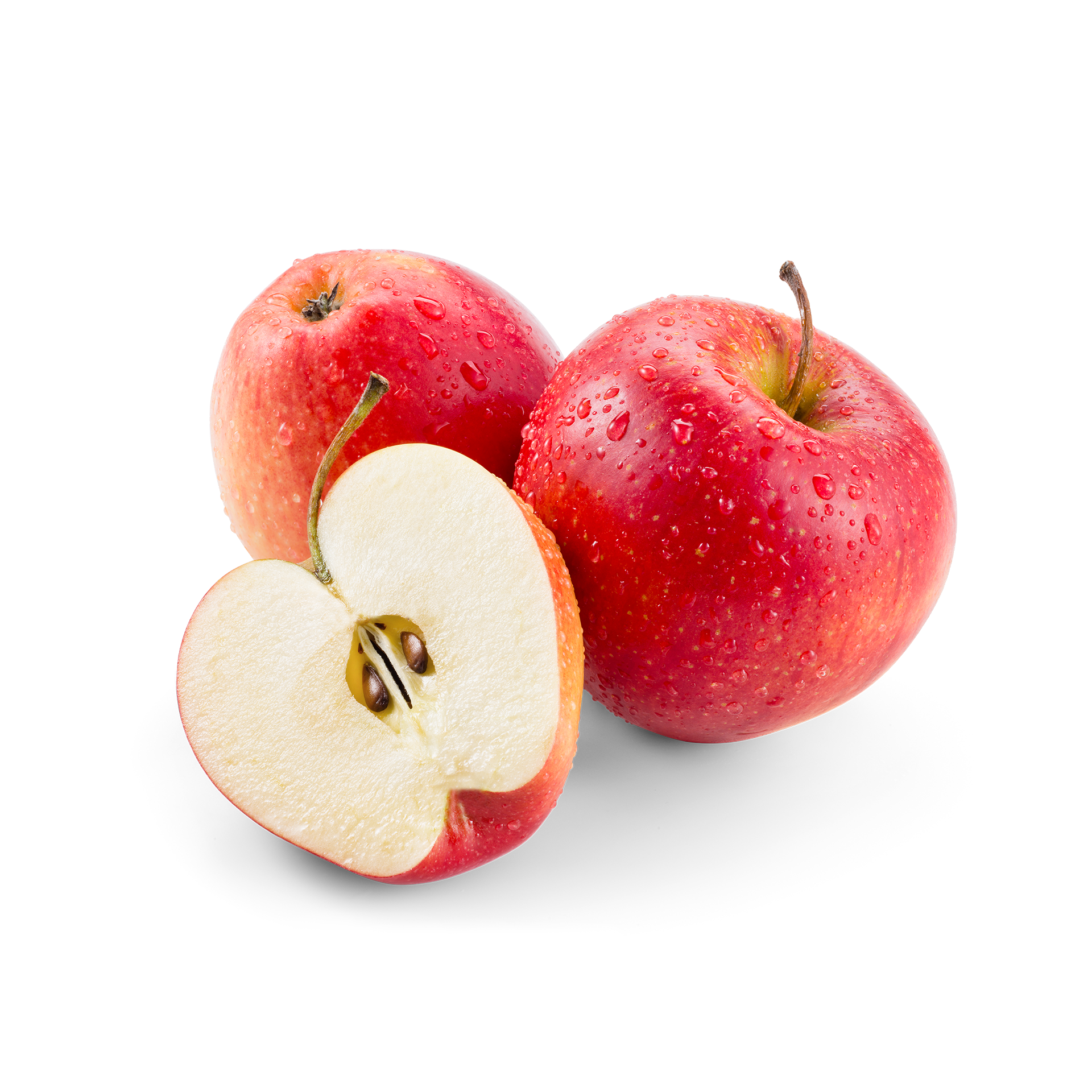
Unveiling the Top 5 Health Benefits of APPLE CIDER VINEGAR
Apple cider vinegar (ACV) is becoming increasingly popular as a natural health treatment, and for good reason. This humble kitchen staple packs a punch when it comes to potential health benefits. In this article, we'll explore the top five science-backed benefits of incorporating ACV into your daily routine.
1. Weight Management
ACV has been recognized for its potential role in weight management. Several studies have shown promising results:

- A study published in the Journal of Functional Foods in 2018 showed that taking ACV slowed participants' body weight and fat loss.
- Another study in the 2016 European Journal of Clinical Nutrition found that ACV decreased appetite and increased feelings of fullness, and reduced calorie intake.
The acetic acid in ACV is thought to play an important role in these effects, increasing palatability and metabolism.
2. Blood Sugar Regulation
ACV has shown the ability to help control blood sugar levels, making it beneficial for individuals with diabetes or those at risk for the condition:
- A randomized controlled trial published in the journal Diabetes Care in 2007 showed that ACV improves insulin sensitivity in people with insulin resistance.
- In 2010, a minor study in the Journal of the American Association of Diabetes Educators found that ACV significantly reduced postprandial blood sugar levels in type 2 diabetes patients These findings suggest that ACV may help manage blood sugar levels and insulin sensitivity.
These findings suggest that ACV may help manage blood sugar levels and insulin sensitivity.
3. Heart Health
Research shows that ACV can have a positive effect on heart health:
- A 2016 study published in the British Journal of Nutrition found that ACV reduced blood pressure and cholesterol in lab mice.
- Reducing these risk factors is important to reduce the risk of cardiovascular disease.
Adding ACV to your diet with a heart healthy lifestyle can help maintain good heart health.
4. Antimicrobial Properties
ACV has natural antibacterial properties due to the presence of acetic acid. This makes it effective at killing harmful bacteria and viruses:
- ACV has been used for centuries as a disinfectant and wound cleanser.
- Some people use diluted ACV as a natural remedy for sore throats and to treat skin conditions such as acne.
These properties can help support the immune system and promote overall health.
5. Digestive Health
The acidic nature of ACV can aid digestion in many ways:
- It can increase stomach acid and improve digestion.
- ACV has been used as a treatment for indigestion and heart disease, and qualitative evidence supports its effectiveness.
To take advantage of its digestive benefits, take one to two teaspoons of ACV mixed with a glass of water before or after meals.
Apple cider vinegar is a versatile and natural remedy that offers a variety of health benefits backed by scientific research. While not a miracle cure, moderately incorporating ACV into your daily routine can help with weight management, blood sugar, digestion, immunity against disease and heart health.
To reap these benefits, remember to check your tolerance by starting with a few drops of ACV diluted with water. Always consult with a health professional before making any major changes to your diet, especially if you have health conditions or concerns.
Sources:
Khezri, S. S., Saidpour, A., & Hosseinzadeh, N. (2018). Apple cider vinegar attenuates lipid profile in normal and diabetic rats. Journal of Functional Foods, 46, 475-481.
Ostman, E., Granfeldt, Y., Persson, L., & Bjorck, I. (2005). Vinegar supplementation lowers glucose and insulin responses and increases satiety after a bread meal in healthy subjects. European Journal of Clinical Nutrition, 59(9), 983-988.
White, A. M., Johnston, C. S., & Vinegar, B. J. (2007). Acetic acid reduces blood glucose and insulin responses in healthy subjects. Diabetes Care, 30(11), 2814-2815.
Leeman, M., Östman, E., & Björck, I. (2010). Vinegar dressing and cold storage of potatoes lowers postprandial glycaemic and insulinaemic responses in healthy subjects. European Journal of Clinical Nutrition, 64(5), 486-491.
Beheshti, Z., Chan, Y. H., & Nia, H. S. (2012). Influence of acetic acid on blood glucose and insulin responses to orally administered sucrose and starch. Asia Pacific Journal of Clinical Nutrition, 21(4), 527-536.
Johnston, C. S., Kim, C. M., & Buller, A. J. (2004). Vinegar improves insulin sensitivity to a high-carbohydrate meal in subjects with insulin resistance or type 2 diabetes. Diabetes Care, 27(1), 281-282.
Kondo, T., Kishi, M., Fushimi, T., Ugajin, S., & Kaga, T. (2009). Vinegar intake reduces body weight, body fat mass, and serum triglyceride levels in obese Japanese subjects. Bioscience, Biotechnology, and Biochemistry, 73(8), 1837-1843.
Hlebowicz, J., Darwiche, G., Bjorgell, O., & Almér, L. O. (2007). Effect of apple cider vinegar on delayed gastric emptying in patients with type 1 diabetes mellitus: a pilot study. BMC Gastroenterology, 7(1), 46.
Halima, B. H., Sonia, G., & Khalifa, K. (2017). Effect of vinegar on reducing postprandial glycemia in patients with type 2 diabetes. Journal of Diabetes & Metabolic Disorders, 16(1), 10.
Shishehbor, F., Mansoori, A., & Sarkaki, A. R. (2008). Apple cider vinegar attenuates lipid profile in normal and diabetic rats. Pakistan Journal of Biological Sciences, 11(23), 2634-2638.
Budak, N. H., Aykin, E., Seydim, A. C., Greene, A. K., & Guzel-Seydim, Z. B. (2011). Functional properties of vinegar. Journal of Food Science, 76(9), R757-R765.
Budoff, M. J., Ahmadi, N., & Gul, K. M. (2006). Aged garlic extract supplemented with B vitamins, folic acid, and L-arginine retards the progression of subclinical atherosclerosis: a randomized clinical trial. Preventive Medicine, 39(5), 985-991.
